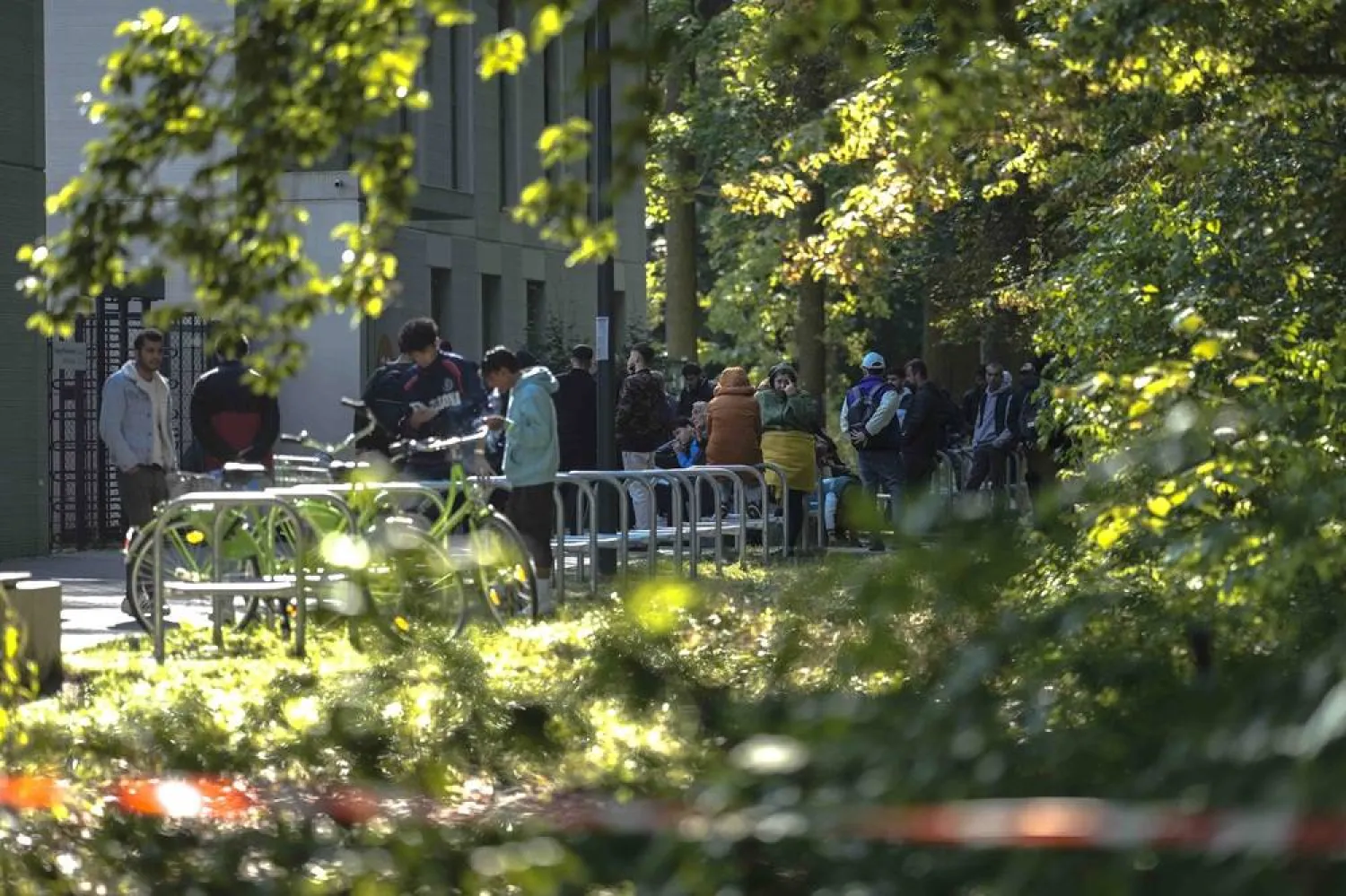The European Union wants to increase deportations and is opening the way for “return hubs” to be set up in third countries for rejected asylum-seekers, according to a new migration proposal unveiled Tuesday.
Only 20% of people with a return order are effectively removed from EU territory, according to the European Commission, which presented the “European System for Returns” as a potential solution.
The proposal aims to set a standard for all 27 members of the bloc and allow national authorities from one country to enforce the deportation order issued by another. Such rules were missing from the EU’s migration and asylum pact approved last year.
“The European system needs to be clear that when someone is issued a return decision they are being told to leave, not just the country but the entire European Union,” said Magnus Brunner, EU's commissioner for migration, who called the current 20% removal rate unacceptable.
“Any figure would be an improvement, but we don’t want to pin down any specific figures,” he added.
For the proposal to work, however, the EU needs to get countries of origin to readmit their citizens. Brunner acknowledged that the commission and member states are still working on improving that.
The “return hubs," a euphemism for deportation centers, would apply only to people whose asylum requests have been rejected, Brunner said.
While the EU wouldn't set up or manage such centers, which could be in Europe or elsewhere, the commission says it wants to create the legal framework to allow states to negotiate bilaterally or at the EU level with non-EU countries willing to take rejected asylum-seekers.
Migrant rights groups say the proposal undermines the right to asylum.
“We can likely expect more people being locked up in immigration detention centers across Europe, families separated and people sent to countries they don’t even know,” said Silvia Carta of the Platform for International Cooperation on Undocumented Migrants.
The European Parliament and the member states would need to agree on the proposal.









